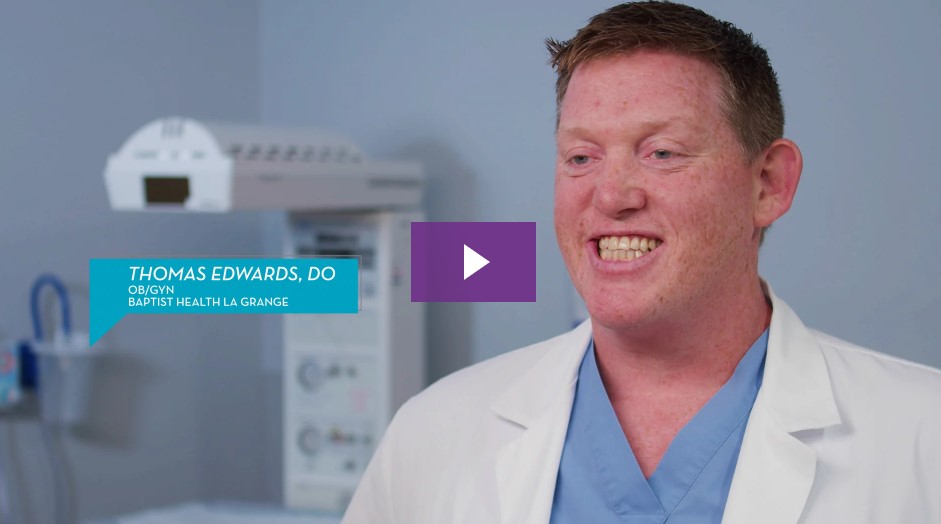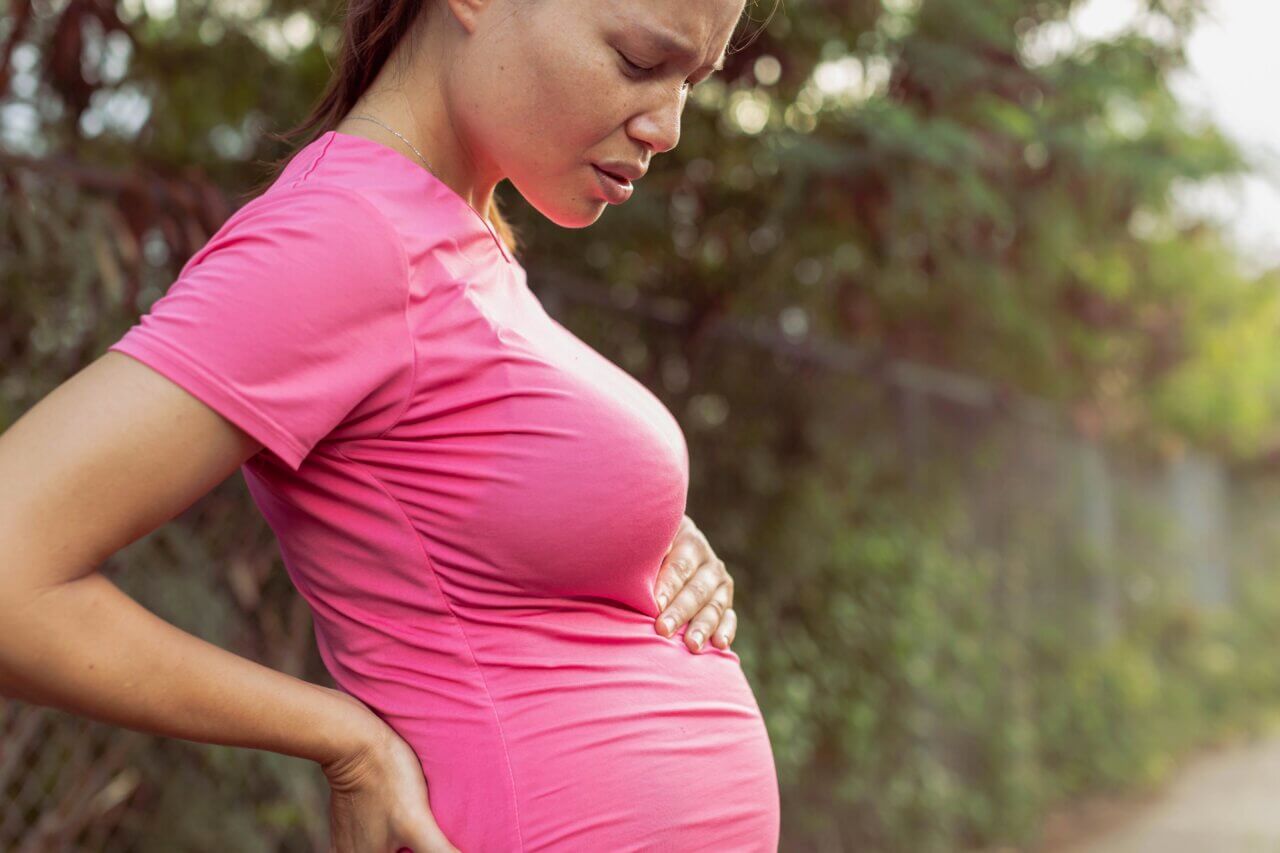What Is Prodromal Labor?

Clinically reviewed by Jessica Anderson-Brown, APRN-WHNP.
Contractions are when the uterus tightens and releases. That pressure helps properly position your baby and widen (or dilate) the cervix in preparation for giving birth.
Prodromal labor is the name for contractions that occur during pregnancy but that typically don’t affect the cervix and don’t progress into active labor. It’s sometimes called false labor, but that term is inaccurate. The contractions are real and produce the same physical sensations as contractions that occur in active labor. The difference is that prodromal labor starts and stops without the mother giving birth.
Some doctors prefer the longer phrase “uterine contractions without cervical change” to describe this condition.
Knowing whether you’re experiencing prodromal labor or active labor can be difficult. But if your contractions are happening at regular intervals, are less than five minutes apart, and last longer than one minute each, you may be in active labor and should call your healthcare provider.
What Causes Prodromal Labor?
Prodromal labor generally occurs in the last month of pregnancy. Doctors aren’t exactly sure what causes it. Multiple factors seem to increase the likelihood of prodromal labor, including:
- Having been pregnant before.
- The baby is in breech position (i.e., feet down rather than head down).
- Physical issues like a uterine abnormality or uneven pelvis.
- Anxiety over the pregnancy or other life issues.
While prodromal labor can be concerning, it generally doesn’t negatively affect pregnancy, and it doesn’t necessarily mean you’ll start active labor soon. However, you shouldn’t hesitate to contact your doctor to clarify what you’re experiencing and what actions you should take (if any).
Prodromal Labor vs. Braxton Hicks
Prodromal labor isn’t the same thing as Braxton Hicks contractions. Most pregnant people experience Braxton Hicks contractions at some point in their pregnancy. These contractions create tightness and discomfort, but they aren’t as intense or regular as active labor contractions.
Braxton Hicks contractions are the body’s way of preparing for the birthing process. Doctors sometimes refer to them as “practice contractions.” They’re harmless, but you may be able to ease them by relaxing, eating a little food, or drinking water.
How to Address Prodromal Labor
If you experience prodromal labor, there are things you can do to cope with it. Take one or more of these actions:
- Do calming activities like meditating, reading a book, or listening to music.
- Take a soothing, warm shower. Note: Do not take a bath in case your cervix has started dilating.
- Go on a short, relaxed walk.
- Try to go back to sleep if prodromal labor starts at night or take a nap during the day.
- Eat a healthy snack.
- Drink water or a sports drink.
- Get some light activity around the house, like packing or checking your hospital bag.
- Contact your care team if you’re unsure about what’s happening or just want some reassurance. Talking with a friend or family member may also help take your mind off your physical sensations.
Avoid vigorous activity, as it’s not good for you or your baby at this stage.
Moving from Prodromal Labor to Active Labor
If you’re eager to give birth soon, you may wonder how to progress prodromal labor into active labor. However, prodromal labor typically starts and stops on its own (often at the same time of day) without advancing labor.
But in some cases, it naturally moves into active labor. You may be making that transition if your contractions increase in intensity and frequency. Those are the changes your care team will ask about if you call them for advice, so be sure to write this information down. And you shouldn’t hesitate to call if you have questions or concerns!
Learn More About Maternity Care Services at Baptist Health
If you’re pregnant or considering becoming pregnant, the maternity care experts at Baptist Health are here for you. Learn more about our services today!
Next Steps and Useful Resources
5 Signs that You’re in Labor
What Are Braxton Hicks Contractions?
Risks of Dehydration in Pregnancy
What Is Back Labor?



